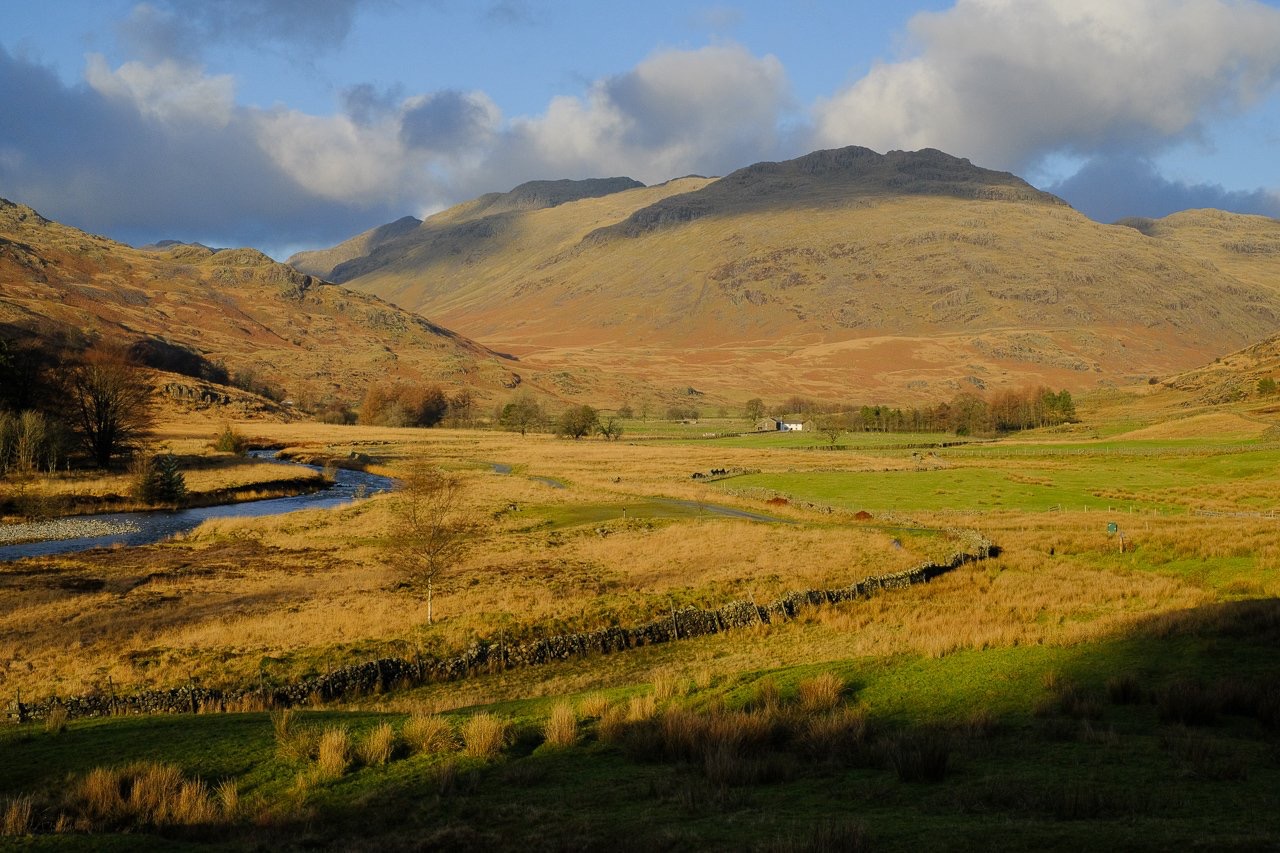
Farming in the Lake District National Park is not only about livestock and wildlife, but also about farming for water quality. In the National Park there are several reservoirs that provide drinking water for local residents and large reservoirs that provide water for urban areas such as Manchester. It is vital to farm in these areas in a way that is not detrimental to water quality.
United Utilities own many of the catchment areas that are used for drinking water, and work with farmers on this land to ensure water quality. The aim of successful catchment management is to protect and enhance the water environment. Their sustainable catchment management programme (SCaMP) has been successful at demonstrating how by working with farmers United Utilities can manage catchments for water quality and other benefits such as an improved natural environment. They are now expanding this approach to catchments that they take water from but don’t own the surrounding land.
In the Haweswater area the RSPB and United Utilities are working in partnership to trial land management that benefits wildlife and improves raw drinking water quality while maintaining a hill farming operation. The water from Haweswater supplies 25%of the North West’s water supply. The livestock is managed by a contractor, 1150 ewes graze on 3,000 hectares of land in the catchment area. The sheep are a mixture of Swaledale and North Country Cheviot. All are wintered off the common to facilitate habitat restoration under a Higher Level Stewardship Scheme. Due to concerns about pathogen transfer very few cattle are kept in the catchment area- only 10 at a mire in the Naddle Valley that requires cows to graze it to keep the Site of Special Scientific Interest in good condition.
Elsewhere in the National Park many farmers have benefitted from a Catchment Sensitive Farming grant to improve water quality. A Catchment Sensitive Farming officer can also give advice to farmers on manure management, nutrient management, soil condition, pesticide management and farm infrastructure. Many farmers have benefitted from grant funding to cover slurry stores and exercise areas, and make sure that farmyard drainage is sufficient and working efficiently.
If phosphorus from farms gets into lakes it can make phosphates. These enrich the water and can form blue-green algae that produces toxins that can be poisonous to humans and animals. Gradual warming of the lakes due to climate change can also have an impact as this makes it easier for phosphates to form. Anne Cornthwaite farms at Ashness Farm near Derwent Water. The run off from her farmyard manure heap was putting too much phosphate into the lake. Anne got a catchment sensitive farming grant and help from her landlord the National Trust for a new building to house the manure until it can be spread on her land in the spring.
There are several Rivers Trusts in Cumbria that work together with farmers to avoid deterioration of habitats in and around rivers, and restore lost or damaged habitats and species.
